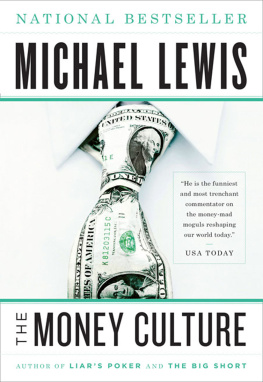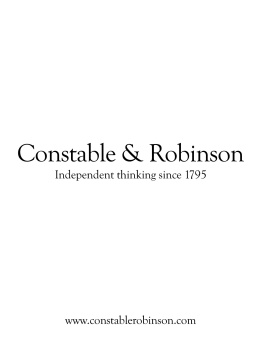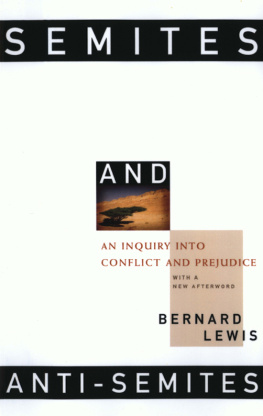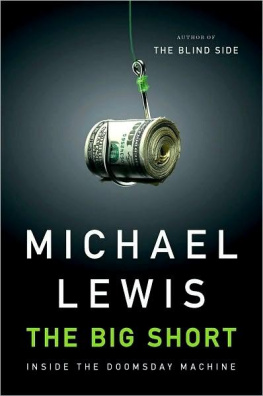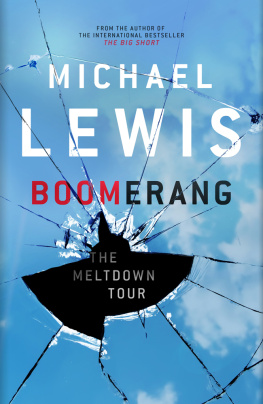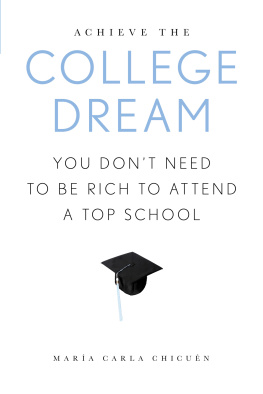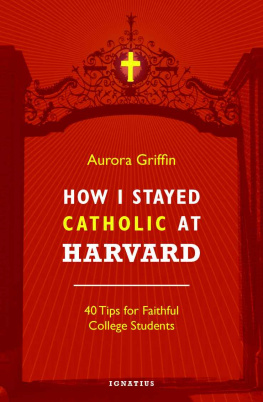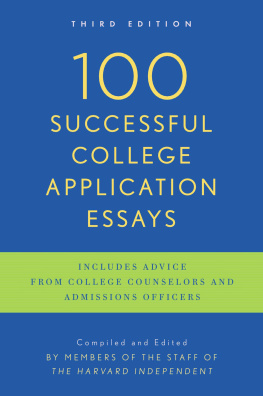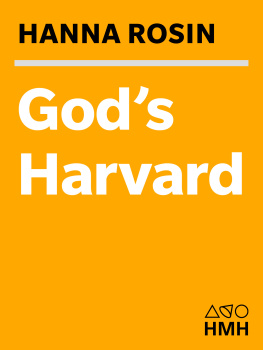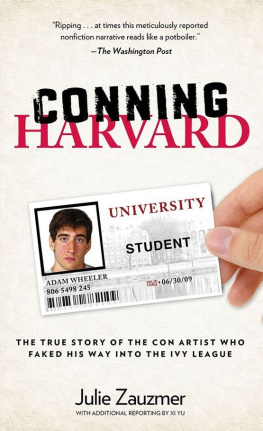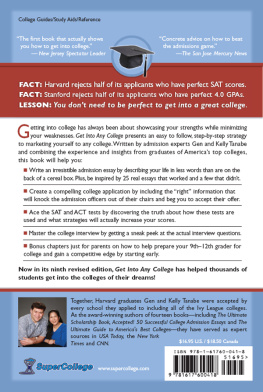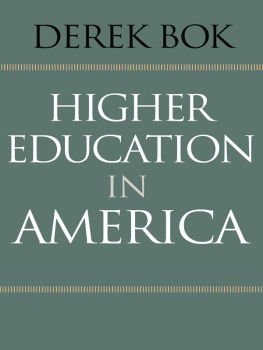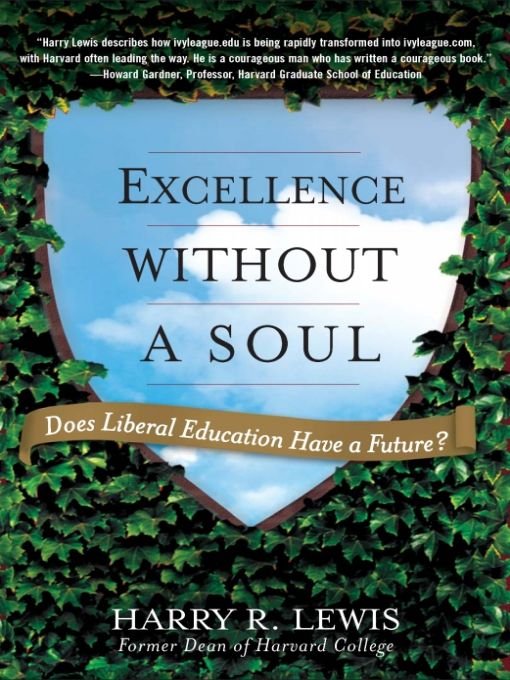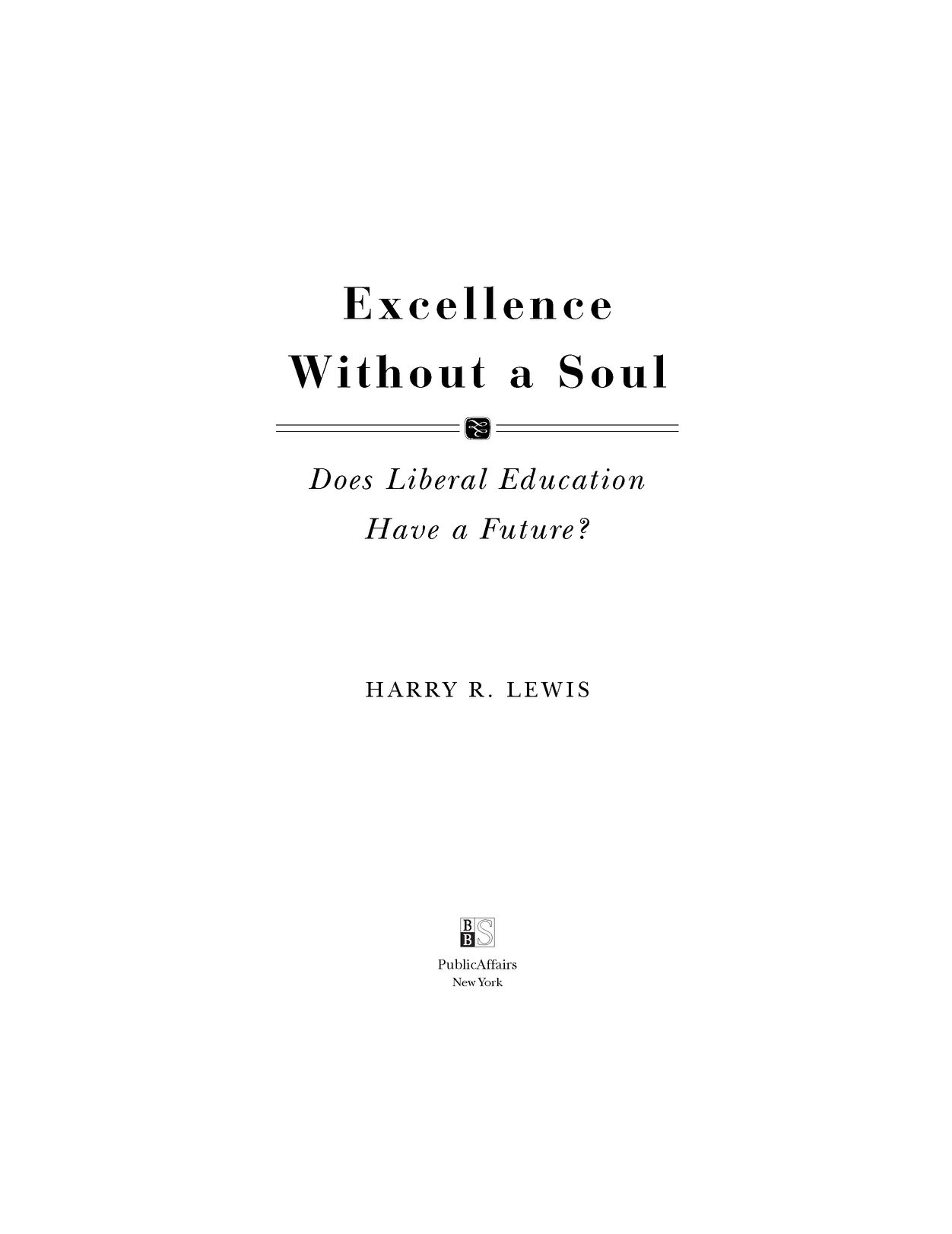Table of Contents
Praise for Excellence Without a Soul
Harry Lewis... reminds us that before the old colleges morphed into international career factories and cultural gallerias for a global ruling class, they set civic standards for American democratic leaders.
The Boston Globe
Harry Lewis was one of Harvard Colleges most engaged and provocative Deans, determined to sustain the Colleges mission, and not simply to manage or market it. With characteristic candor, he shares his own vision of what makes a college good, and all who are interested in the best hope for such institutions will find this essential reading.
The Reverend Professor Peter J. Gomes,
Harvard University
This isnt only a book on principles; its filled with Harvard history, anecdotes, diversions, and personal experiences of a faculty member and administrator who has been a part of the culture for more than 30 years.... Whether students are Harvard-bound or not, some of the questions parents and students should be asking of every American college and university are in this book.
The Indianapolis Star
A searing critique of Harvard education from a former Dean, remarkable for its candor toward friends and for its defense of grade inflation.
Harvey Mansfield, Professor of Government, Harvard University
[B]lessedly free of ideology, packed with common sense and... wonderfully sane and .... Lewis manages to dissect the many problems at places like Harvard, Princeton, and Stanford with great candor. His book is both an inside history of Harvard (with a clear explanation of its current predicament) and a prescription for its renewal. Any parent with a student entering any top research university should read this book.
The Roanoke Times
This is a study of higher education, which asks some very important questions and gives some rather clear answers. One may agree or disagree with the presentation but it is certainly worth the time to study it.
The Reverend Theodore M. Hesburgh,
President Emeritus, University of Notre Dame
[T]his book should be read as a canary in the mineshaft, a salutary warning that Harvard is at risk and needs to act wisely in righting its undergraduate educational endeavors.
The Harvard Review
[A] biting... indictment of undergraduate education at Americas flagship university.... Provocative and insightful.
Publishers Weekly
To the memory of my parents and Marlyns for what they gave us
Remember that our University was founded for the public good and that it has a great historythat steady progress is essential to its moral and intellectual health and that the health and true welfare of our University and our country go hand in hand. Thus have they been made and thus only shall they endure.
Henry Lee Higginson,
presenting the Harvard Union to
the University, October 15, 1901.
[T]he test of a civilization based on liberty is the use men make of the liberty they enjoy, and it is a failure not only if men use it to do wrong, but also if they use it to do nothing, or as little as is possible to maintain themselves in personal comfort. This is true of our institutions as a whole and of the American college in particular.... the warfare of civilization is waged not more upon the battlefield than in the workshop, at the desk, in the laboratory, and the library.... the crucial matter in civilization is the preparedness of young men for the work of the world; not only an ample supply of the best material, but a product moulded on the best pattern, tempered and finished to the highest point of perfection.
A. Lawrence Lowell,
in a speech to Yale freshmen, 1916.
Acknowledgments
This book is a culmination of a three-year project. I am grateful to Boston University and to the Massachusetts Institute of Technology (MIT) for harboring me while I was at work, and in particular to my hosts at those institutions, Azer Bestavros and Hal Abelson. The kindness of the theory group at MITs CSAIL, where I did the most intense writing, kept me stimulated, connected, and cheerful.
As detailed in the endnotes, I consulted a great many sources in the course of my research. The Harvard University Archives assisted me by easing access to many original documents. The Harvard Presidents reports, available online through the Archives website, were a rich source, expanding the view of Harvards history gained from secondary sources, especially the several works of Samuel Eliot Morison and Frederick Rudolphs Curriculum. For my views on the history and present condition of college athletics, I found much to ponder in Ronald A. Smiths Sports and Freedom, David C. Youngs The Olympic Myth of Greek Amateur Athletics, and Paul Weisss Sport: A Philosophic Inquiry. Most quotations from The Harvard Crimson, The Boston Globe, The New York Times, The Harvard University Gazette, and other newspapers and newsletters are from their online archives. I extend special gratitude to the Harvard Crimson for its openly accessible archives and for the decades of student journalism they record. The Crimson has always provided the best documentation of student life at Harvard. With the end of the publication of the presidents reports, it also provides the only easily accessible documentary record of many faculty events.
The quotations that open the book and each chapter are the words of figures who have had roles at Harvard. I note their connection to the university if it is not obvious.
I know nothing about being dean that I did not learn from someone else. To all the assistant and associate deans, Senior Tutors, Proctors, and Tutors who worked with me at Harvard over the years, I am deeply grateful for what they taught me. They are the ones who see Harvard and its students as they really are. A special salute goes to the memory of the greatest of them all, the late John Marquand.
Many people read drafts of part or all of this book and suggested improvements. In particular I want to thank Fred Abernathy, Karen Avery, Charles Ducey, James Engell, Vasugi Ganeshananthan, Anne Greene, F. Washington Jarvis, Karan Lodha, James McCarthy, John McGrath, Michael Mitzenmacher, Elizabeth Studley Nathans, Jeff Orleans, Georges Peter, Leo Reyzin, Peter Roby, Hal Scott, Harvey Silverglate, John Stauffer, Susannah Tobin, and Dean K. Whitla for their reactions and comments. Thanks are due also to several readers who feared to be acknowledged in print. Special thanks to my two favorite Harvard students, my children, Anne and Elizabeth Lewis, since their comments were helpfully informed by their inside knowledge of both the author and the College. To my brother Richard Alan Lewis go my particular thanks for pointing out the analogy between grades and dress sizes, and I am grateful to Pamela Keel for directing me to the facts about clothing measurements. My wife Marlyn McGrath Lewis taught me everything I know about the larger mission of Harvard College, and provided endless love and support while I was dean and throughout the writing of this book. I am more grateful to her than words can express.
Whether he was acting out of faith or foolishness, I am glad John Taylor Williams agreed to be my literary agent. I am grateful to Peter Osnos of PublicAffairs for having confidence in this project, and to my editors there, Clive Priddle and especially Lindsay Jones, for making it a reality. Lindsays editorial skill and support made the last stages of the writing the easiest while improving the manuscript the most.


